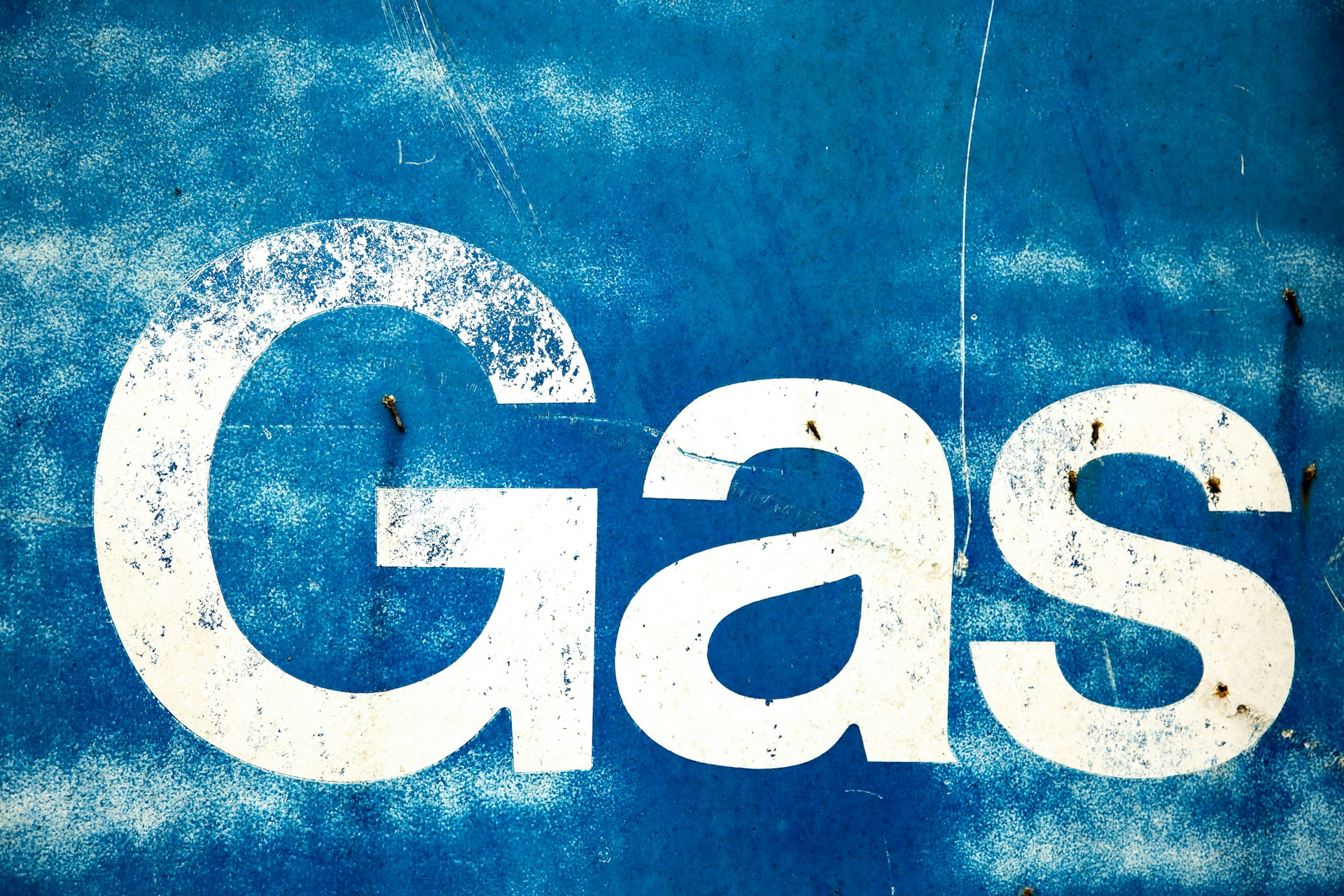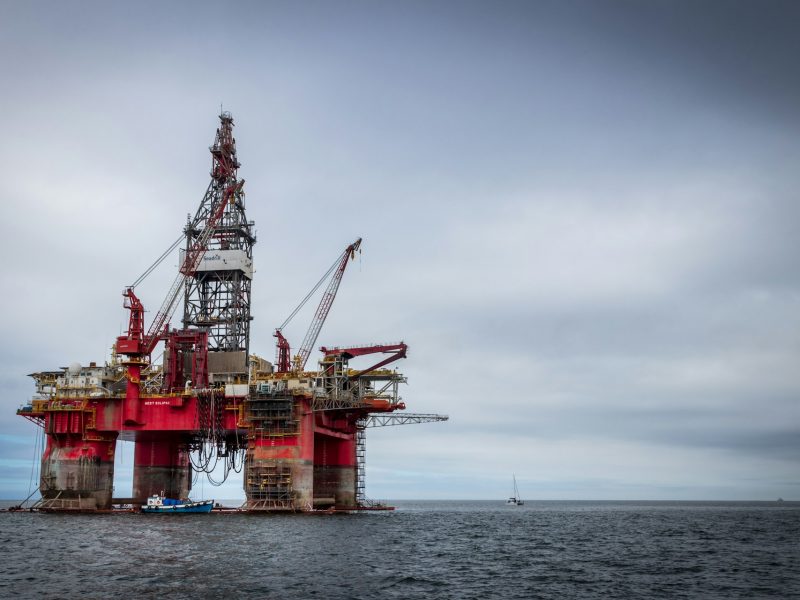As part of its commitment to supporting Indonesia’s national energy policy, PT PGN Tbk continues to explore various potential new sources of gas supply. The company is also enhancing its communication and coordination with the government, regulators, and other key stakeholders to ensure long-term energy security.
To secure future energy needs, PGN is actively developing its infrastructure and seeking alternative gas supplies, including the utilization of regasified LNG. These efforts are crucial for maintaining reliable service to customers, especially in light of shifting supply conditions.
In a recent disclosure to the Indonesia Stock Exchange (IDX) on Monday, April 14, 2025, PGN announced the cancellation of a gas purchase agreement (GSA) from the Mako Field located in the Duyung Block. The termination was formally reported as a material event in the company’s official statement.
PGN’s Corporate Secretary, Fajriyah Usman, explained that a significant contract had been lost as of April 12, 2025. The affected gas supply was intended to come from the Duyung Working Area (Wilayah Kerja Duyung), operated by West Natuna Energy Ltd in partnership with Empyrean Energy Plc and Coro Energy Duyung (Singapore) Pte. Ltd.
“The total gas volume outlined in the GSA that has now been cancelled was 122.77 TBTU,” stated Fajriyah. “Under the agreement, deliveries were set to begin on November 1, 2026—or on a mutually agreed date—and continue until the full contract volume had been fulfilled, which was expected to be by January 15, 2037.”
In response to evolving supply dynamics, PGN has ramped up the use of regasified LNG from domestic sources. According to ruangenergi.com, these sources include major LNG facilities in Tangguh, Bontang, and Donggi Senoro.
Since mid-2024, PGN has successfully distributed 100% of the three LNG cargoes allocated by the government to its customers. This move is part of the company’s broader strategy to ensure uninterrupted energy delivery amid declining availability of pipeline gas.
PGN’s proactive approach underscores its critical role in maintaining Indonesia’s gas infrastructure resilience, while continuing to align with national energy transition goals.


